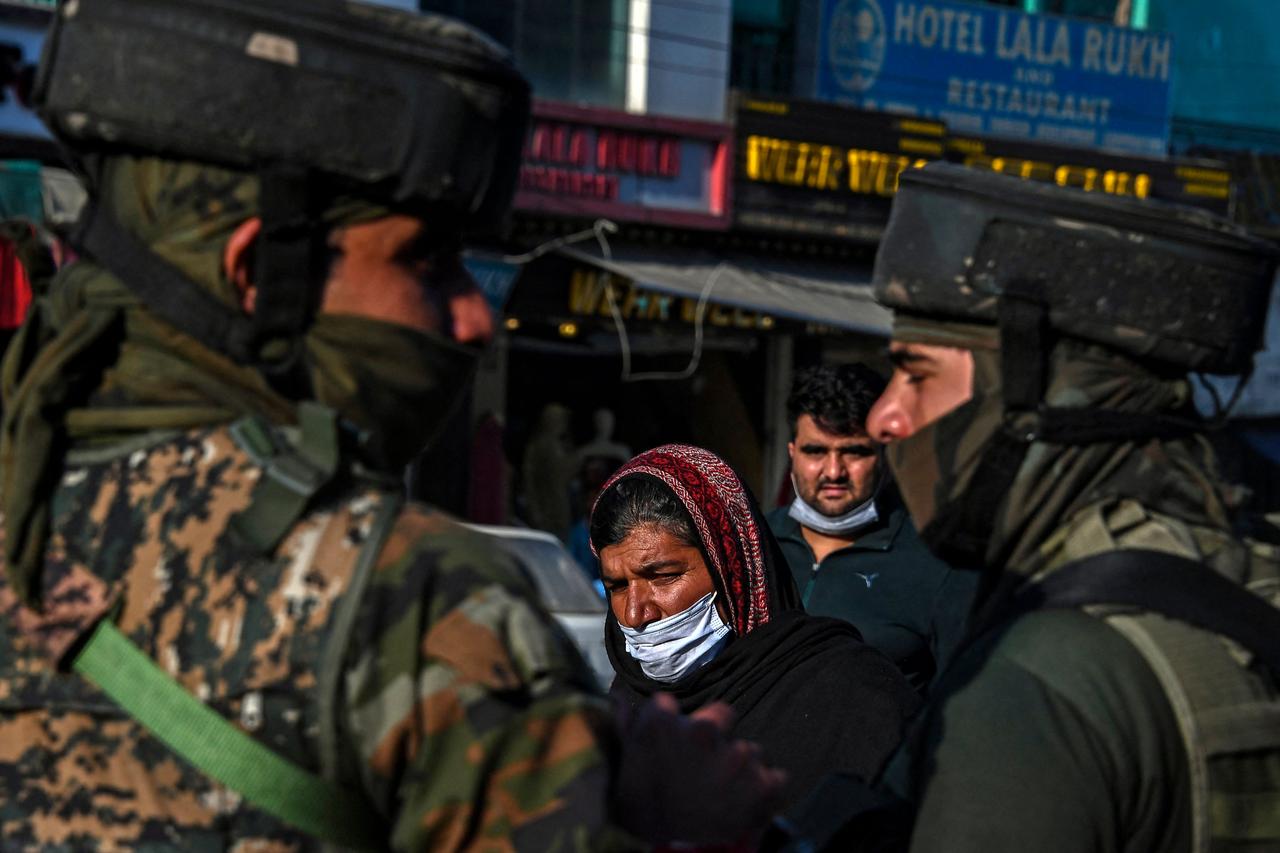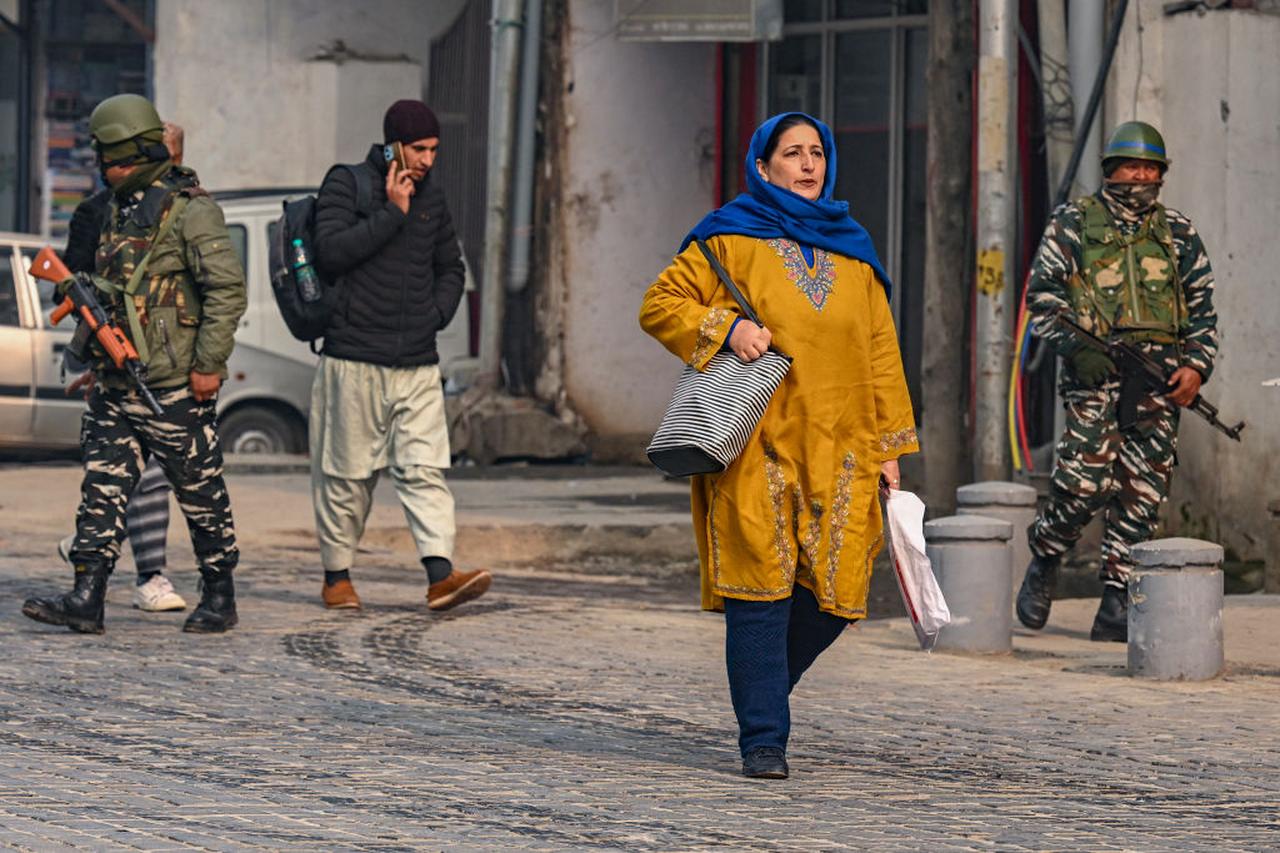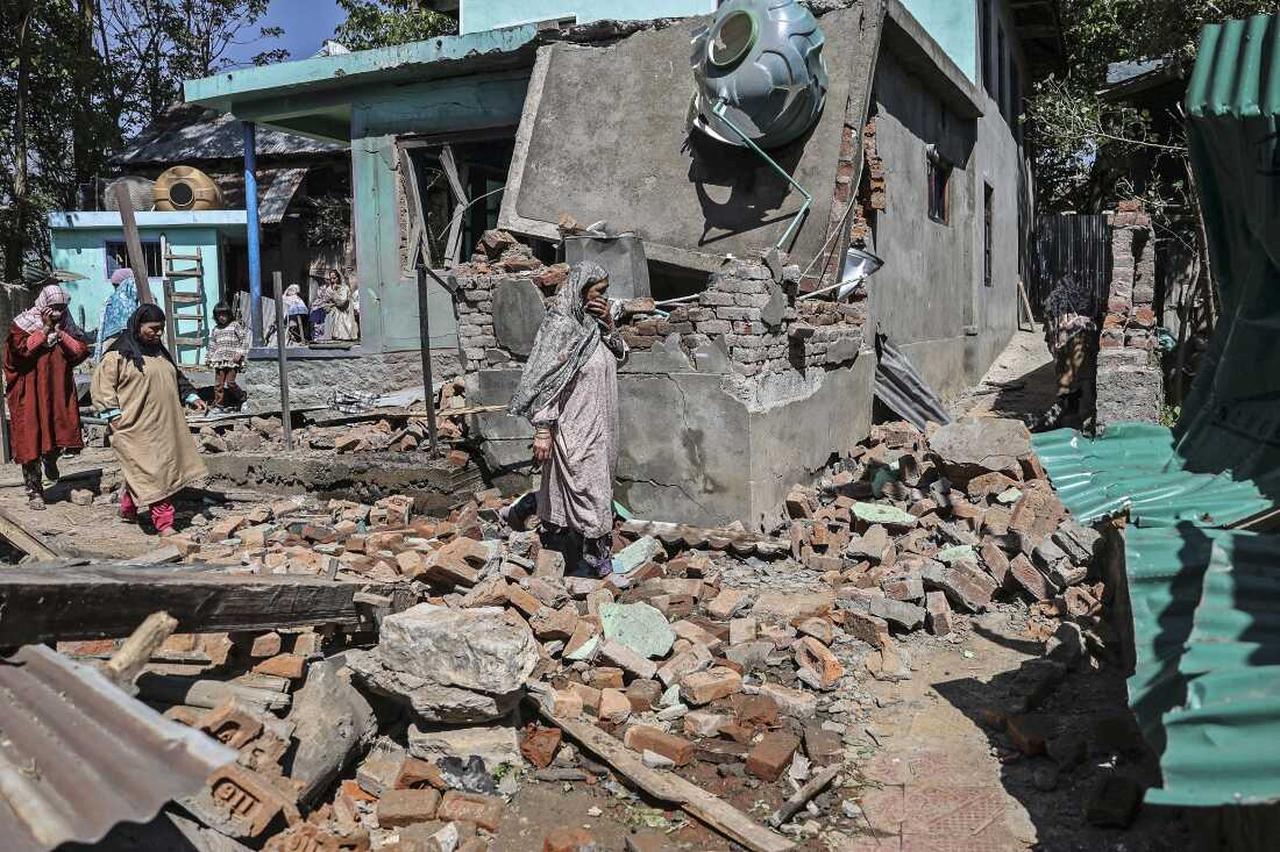
In Indian-administered Kashmir, daily life in August 2025 remains shaped by a combination of communication blackouts, heavy military presence, and restrictions on public life. Internet and phone services continue to be suspended without notice in parts of the region, particularly around political anniversaries or protests, according to reports by Human Rights Watch and Al Jazeera. These shutdowns disrupt health care coordination, delay emergency services, and isolate families. Hospitals in Srinagar and district clinics report difficulties in confirming referrals or arranging ambulances when digital networks are cut, affecting critical patients in rural areas.
The Armed Forces Special Powers Act (AFSPA) and the Public Safety Act (PSA) remain in force, allowing extended detentions without trial and granting wide powers to security forces. Rights organizations, including Amnesty International, have repeatedly documented concerns over arbitrary arrests, restrictions on assembly, and a lack of transparency in legal proceedings.

This month, authorities in Srinagar ordered the forfeiture of 25 books, including "Azadi" by Arundhati Roy and "Contested Lands" by Sumantra Bose, claiming they promote “false narratives” or separatist sentiment. The Guardian and AP News reported that bookshops in Lal Chowk were searched in the early hours, with vendors instructed to remove the titles immediately. Civil society groups and educators criticized the move, warning it could further erode access to diverse perspectives in schools and universities.
Mirwaiz Umar Farooq, a prominent cleric and political leader, described the ban as “a sign of state insecurity,” adding that “banning books will not erase collective memory”. The impact extends beyond the literary community, teachers report that certain historical topics are increasingly avoided in classrooms to prevent potential legal consequences, limiting academic freedom for students.
Kashmiri women continue to bear a distinct burden under the current security framework. A June 2025 report by Human Rights Watch detailed patterns of intimidation, restricted movement, and reduced access to health care for women in militarized zones. Female-headed households, especially those with members detained under PSA provisions, face financial instability due to the loss of primary earners and limited work opportunities.
Activists also highlight the generational trauma experienced by women, who often shoulder the role of both caregiver and advocate for missing or detained relatives. In rural districts, female literacy rates have stalled, with school attendance for girls dropping in areas where checkpoints and military patrols are frequent.

On Aug. 5, marking six years since the revocation of Jammu and Kashmir’s special constitutional status under Article 370, Srinagar and several other towns saw peaceful shutdowns and marches. Businesses remained closed in response to calls from local leaders, including Mehbooba Mufti, who urged residents to observe a 15-minute blackout at 9 p.m. to commemorate the event.
Protests extended internationally, with diaspora communities holding vigils in London, Washington D.C., Muzaffarabad, and Istanbul, as reported by Al Jazeera. Demonstrators called for the restoration of statehood and demanded attention from international human rights bodies.
The Indian Supreme Court is set to hear a petition on Aug. 8 seeking the restoration of Jammu and Kashmir’s statehood. Legal experts caution that the process may be prolonged and outcomes uncertain, given the political sensitivities surrounding the region. For many residents, the hearing represents a rare, if cautious, opportunity for their grievances to be addressed through formal legal channels.
Kashmir’s economy, once bolstered by tourism, continues to suffer from the combined effects of security concerns and travel advisories issued by multiple foreign governments. The BBC reports that after the April 2025 Pahalgam attack, visitor numbers fell sharply. By mid-year, local tourism boards recorded nearly a 50% drop in hotel occupancy compared to 2024. Houseboat owners on Dal Lake and handicraft sellers in Srinagar’s markets report minimal sales, with some shifting to alternative work or relying on remittances from family abroad.
Mental health professionals in the valley describe a persistent “ambient trauma” affecting both older and younger generations. A July 2025 Reuters investigation noted rising cases of anxiety, depression, and post-traumatic stress among children who have grown up amid curfews and militarized streets. Community counsellors stress that repeated exposure to violence, raids, and loss of family members has long-term consequences for social cohesion and trust.
These patterns are reinforced by generational trauma, a phenomenon where the psychological effects of conflict are passed down, affecting those born long after the original events. In Kashmir, this has created a population accustomed to living under constant surveillance, yet increasingly aware of global human rights discourse through diaspora networks and limited online access.
The situation in Kashmir is not an isolated regional issue; it intersects with broader debates about freedom of expression, civilian rights in conflict zones, and the role of digital connectivity in modern governance. Communication blackouts hinder more than daily convenience, they limit medical care, obstruct education, and weaken civil society. Book bans do more than remove paper from shelves; they attempt to reshape collective memory.
For Kashmiris, the ongoing restrictions are not abstract political moves but lived realities. The challenge for both local and international actors will be ensuring that any path forward addresses the underlying civil rights concerns, restores functional public services, and respects the region’s cultural and political identity as part of a sustainable peace.